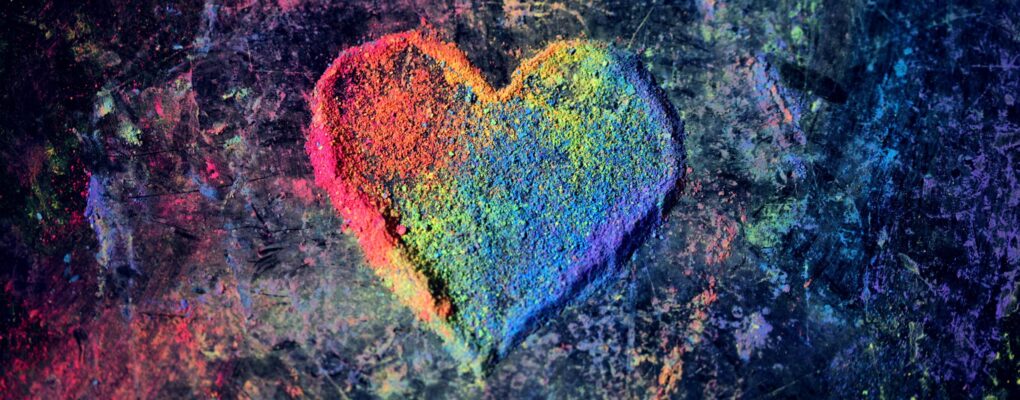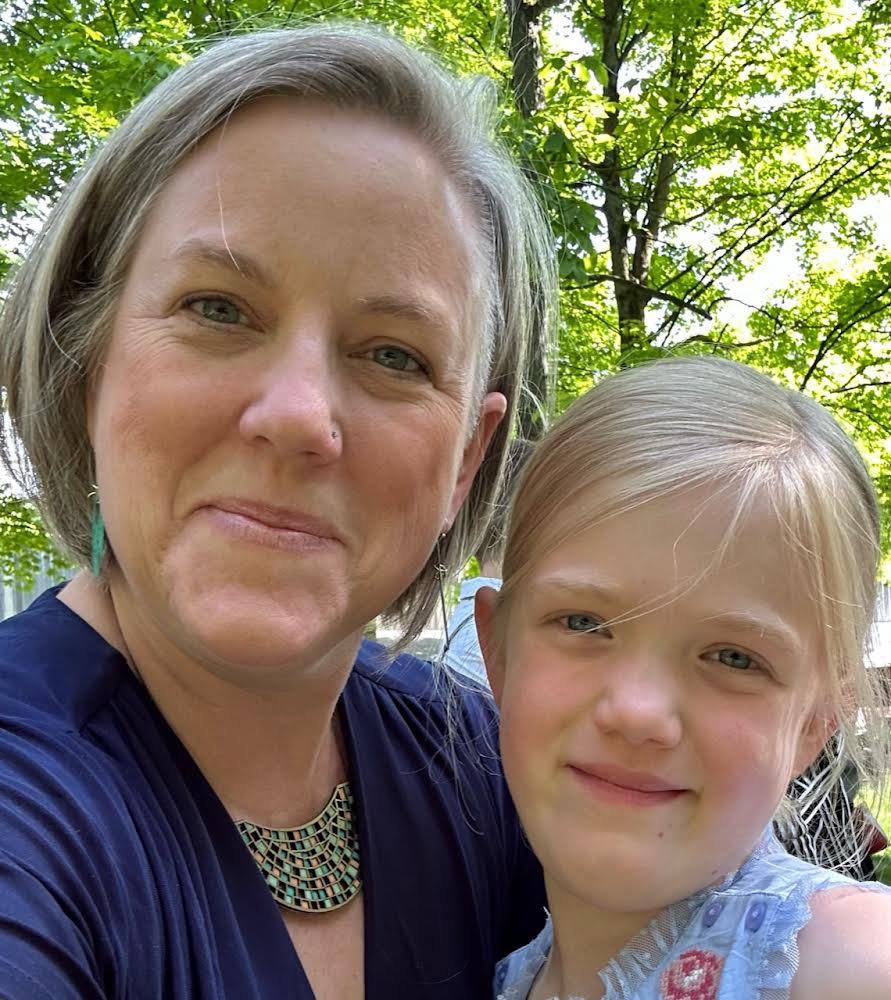
By Beth Gillis
My donor conceived daughter was almost 4 when I accidentally stumbled upon my own donor conceived status. It was the typical 23andMe discovery story, starting with me being curious about obscure health markers and unknown ethnicities, and it ended with uncovering a family secret 40 years in the making.
When my wife and I had pondered how we might start our own family five years earlier, we opted for a willing-to-be-known-at-18 donor through one of the queer-friendly banks. We were adamant against anonymity, and this choice felt like the best option at the time, despite some of the ways it comes up short for the truths that are alive in my heart now.
Like many queer couples, we fielded regular questions about who the dad was and all sorts of other curiosities that straight folks felt they should have casual access to. As a fairly confident person, I usually gave them the benefit of the doubt and used those moments to reeducate them — to help them find language that would be more inclusive and less intrusive. I’m sure I said, “It’s actually a ‘donor’ not a father.” I can remember my voice saying, “Our daughter doesn’t have a dad. She has two moms.” But much of that changed for me when I found out about my own donor conception experience. Almost instantly, the phrase, “biological father,” bubbled up out of me and felt right. The word “donor” didn’t resonate anymore. It felt so medical, so transactional.
I’m sure I said, “It’s actually a ‘donor’ not a father.” I can remember my voice saying, “Our daughter doesn’t have a dad. She has two moms.” But much of that changed for me when I found out about my own donor conception experience.
Beth Gillis
Almost immediately, I dropped the “half” when referring to my donor sister. It just didn’t feel like it honored our connection, despite only meeting her for the first time at age 41. I had never liked the term “dibling,” but it felt even more insulting to me once I had a few of my own.
I understood why some of those phrases and language felt right for a community that was (and still is) constantly under attack for simply existing in marginalized identities. But I also knew that something significant had shifted inside of me, and it felt important to sit in that uncomfortable space with other queer folks to explore how we might do better for the sake of our donor conceived children. It felt important to listen to their voices, to their needs, and to their ever-changing experiences as they grow into older beings with their own opinions.
[S]omething significant had shifted inside of me, and it felt important to sit in that uncomfortable space with other queer folks to explore how we might do better for the sake of our donor conceived children. It felt important to listen to their voices, to their needs, and to their ever-changing experiences as they grow into older beings with their own opinions.
Beth Gillis
For me, stepping into the identity of a donor conceived person has given me a deeper knowing of who I am as a daughter and as a parent. It has given me language to meet folks in the middle, both queer recipient parents and also donor conceived humans, while gently challenging some of the ways that might add harm if we are not careful. It has allowed me to decenter my own experiences as a queer parent, however much they may be laced with larger systemic homophobia, in order to truly pay attention to the fluid needs of my donor conceived daughter. We are not the same people, but we are both donor conceived, and I feel so grateful to be walking along this journey with her.
About the author

Beth Gillis (pictured with her daughter) is a former middle school educator who shifted careers toward psychotherapy after discovering she was donor conceived. She enjoys cooking yummy foods, deep conversations with dear friends, and hiking in the woods behind her house. She lives in western Massachusetts with her wife, daughter, and two dogs.
This post was contributed by a guest author as part of U.S. Donor Conceived Council’s mission to educate on the lived experiences of donor conceived people. Guest posts do not necessarily reflect the views or opinions of USDCC.
Top Image by Alexander Grey via Unsplash
